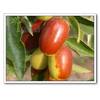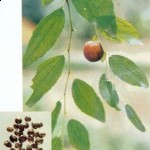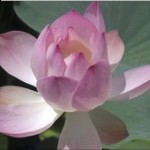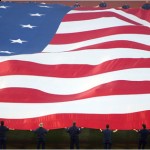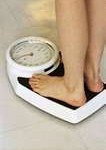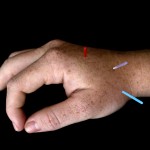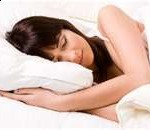 When I was a teen and found Prevention Magazine I was in heaven. It was the first magazine of it’s kind to talk about natural cures and I knew then, (circa 1976) they were on to something. Now, some years later, the whole country knows what Prevention Magazine knew back then. Natural cures do work, from Acupuncture, to chocolate for it’s flavonoids, and certainly the ancient practice of Tai Chi. Here’s a quick video from the Today Show and the editor of Prevention Magazine about “9 Natural Cures you Trust”.
When I was a teen and found Prevention Magazine I was in heaven. It was the first magazine of it’s kind to talk about natural cures and I knew then, (circa 1976) they were on to something. Now, some years later, the whole country knows what Prevention Magazine knew back then. Natural cures do work, from Acupuncture, to chocolate for it’s flavonoids, and certainly the ancient practice of Tai Chi. Here’s a quick video from the Today Show and the editor of Prevention Magazine about “9 Natural Cures you Trust”.
I have to say, I’m a little disappointed Chinese herbs did make Prevention’s top “9” list. There are certainly enough studies done on herbs especially Chinese herbs that are used by over a billion people on the planet to qualify them as “cures you can trust”. Additionally, Chinese herbal medicine has been used for over 2000 continuous years, one would think that alone would give it enough credence to be included in the category of “Natural cures you can trust”.
Herbs such as Spiny Jujube for insomnia are a good example of an extremely trust worthy cure. Spiny jujube is a Chinese herb used to help calm the mind and attain a good nights sleep. I understand that Prevention Magazine looked at cures which had studies backing the data but… one study looked at the insomnia cases of over 16,000 people, and concluded Spiny Jujube combined with other herbs was the most successful herbal formula for insomnia. In fact, everyone in China knows this herb and combined with other herbs it was our inspiration to create iSleep Herb Pac for those suffering with insomnia.
I feel certain that if Prevention Magazine had a “Ten Natural Cures you can trust list.. instead of Nine.. Chinese herbs would be the tenth item on the list, don’t you?
Thanks for reading.

